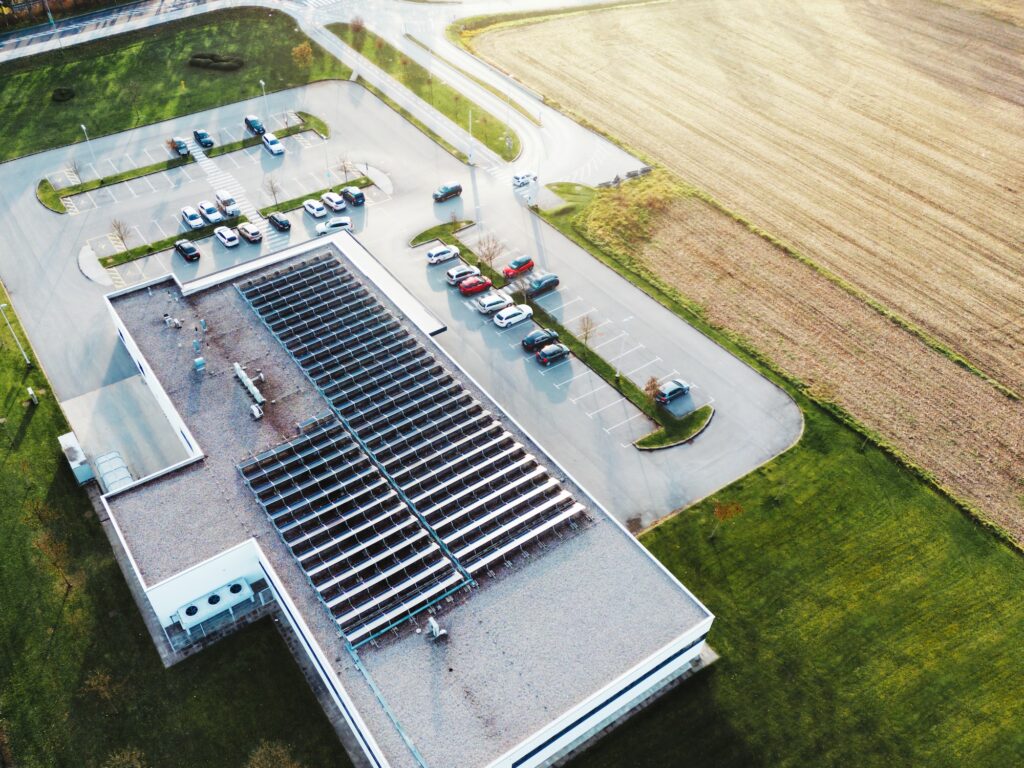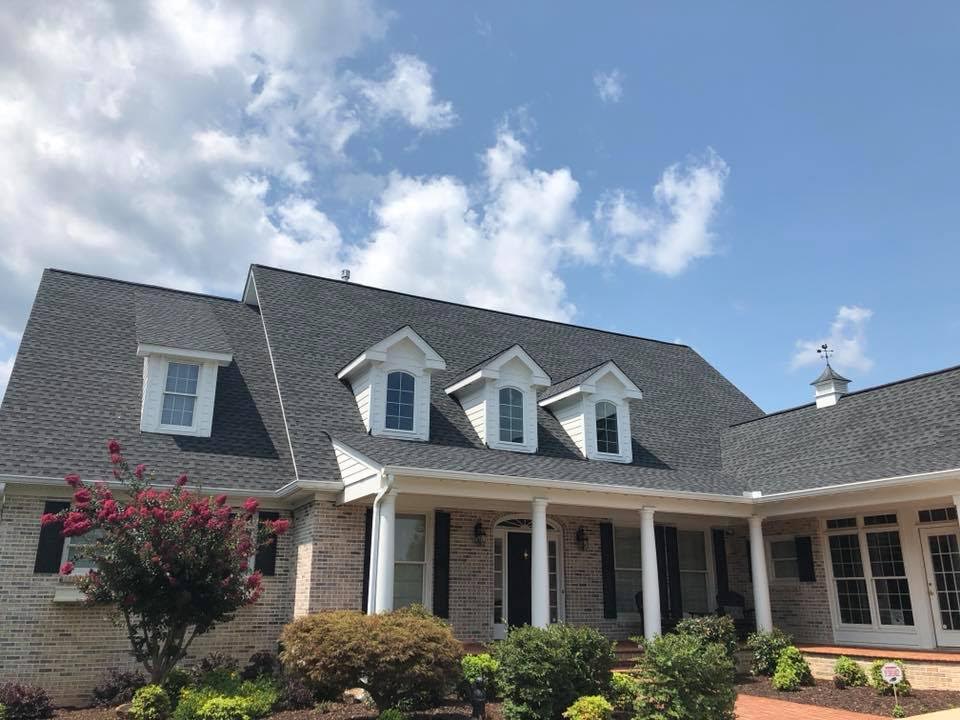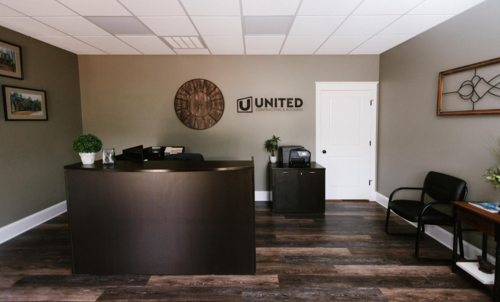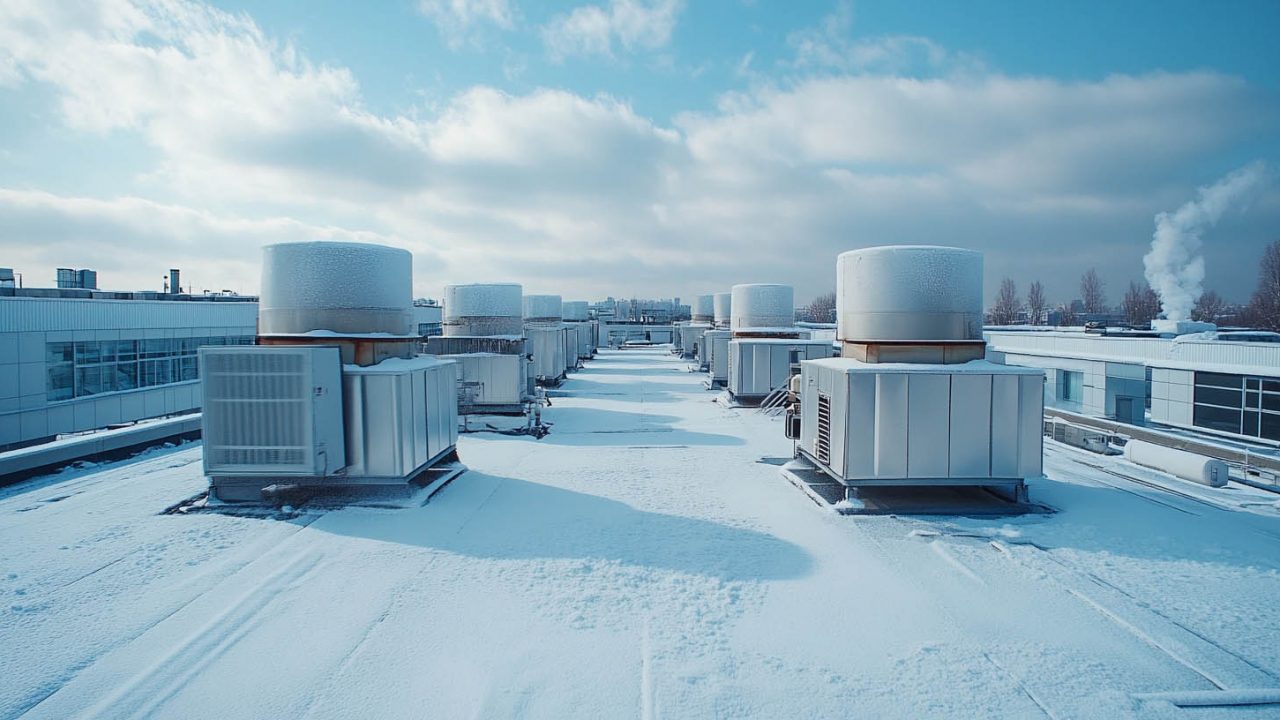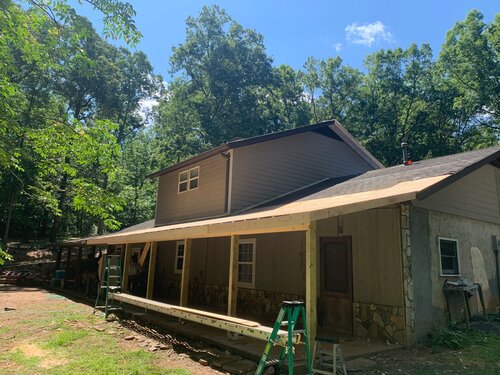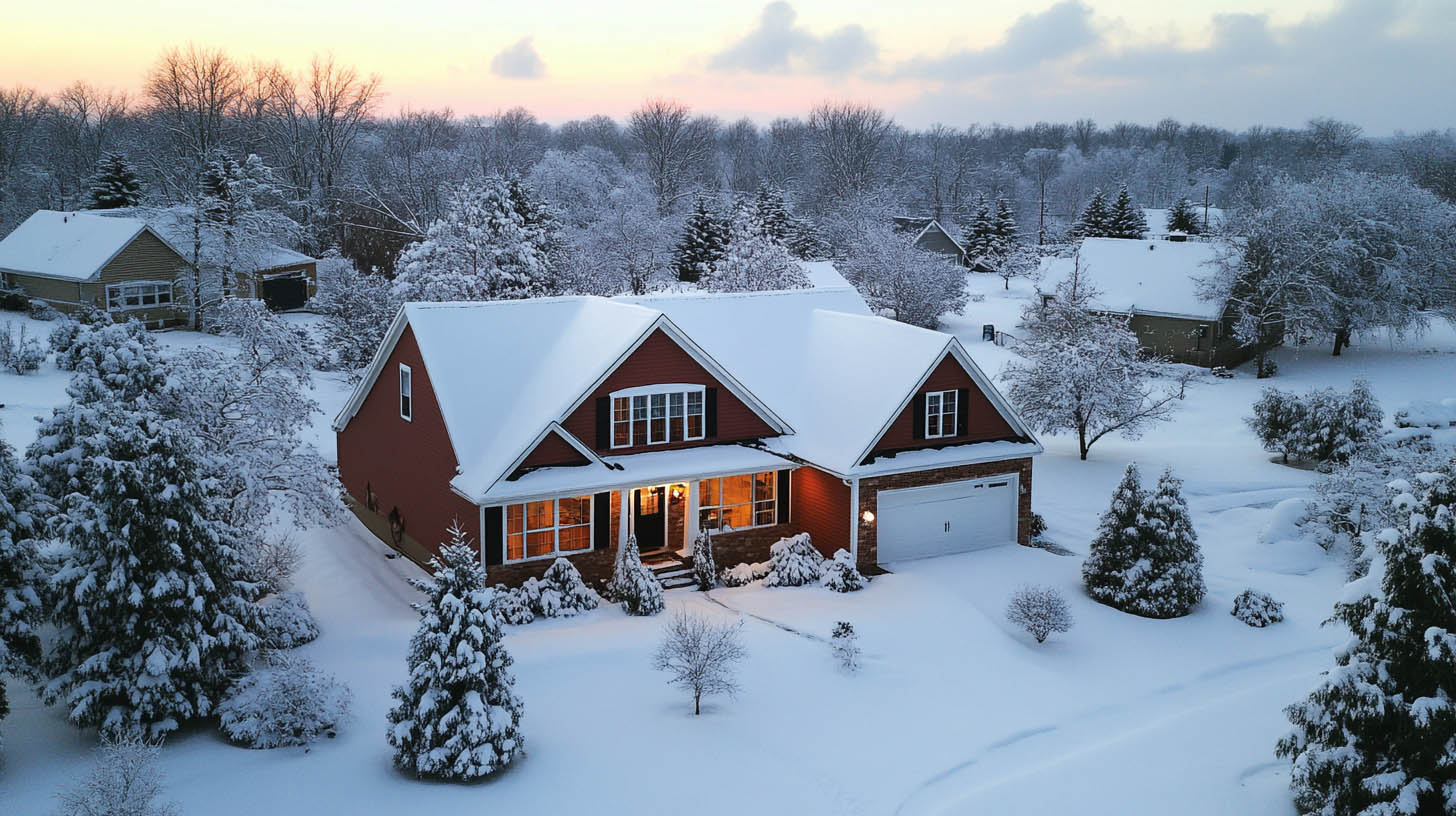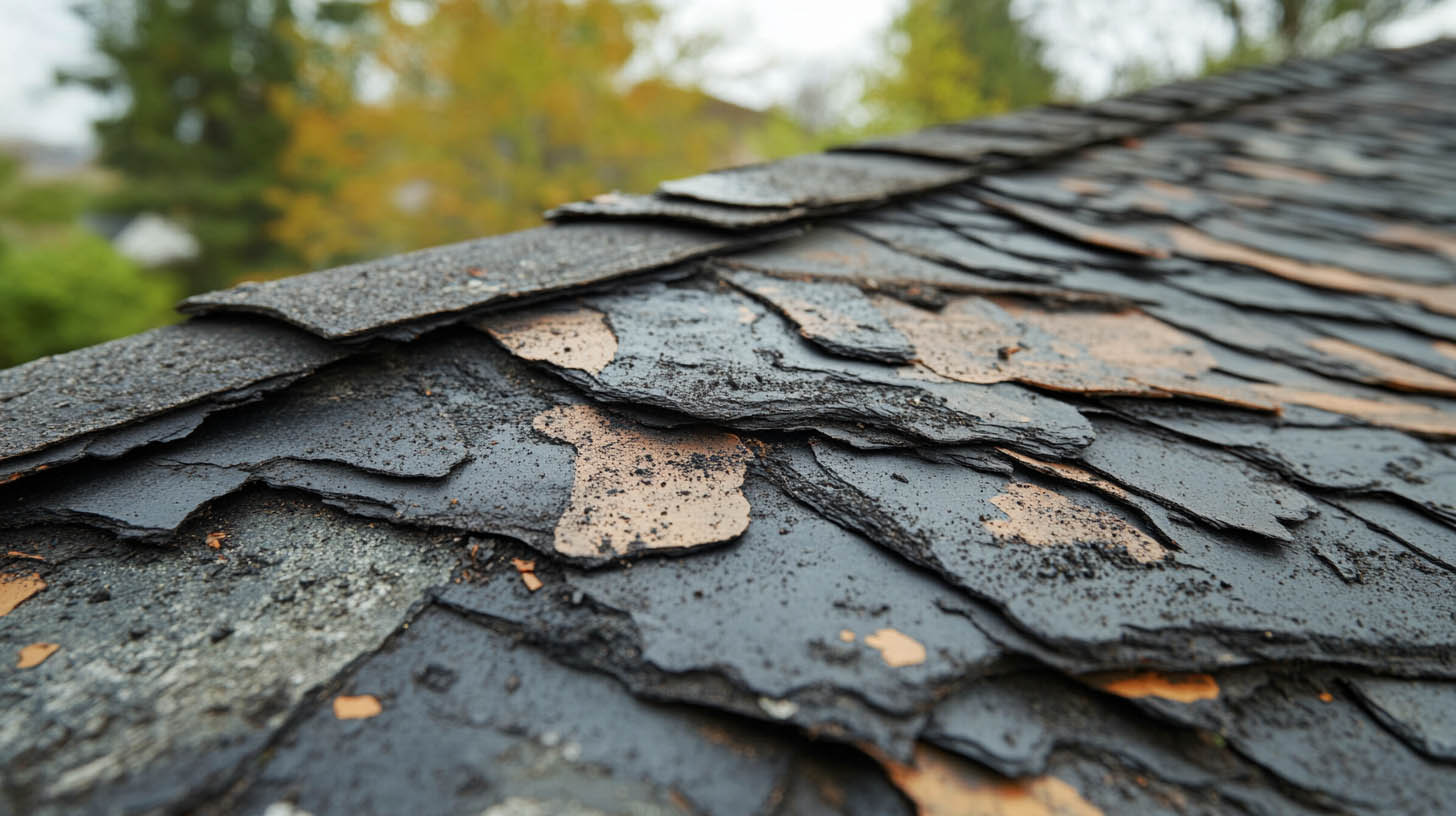Your commercial roof is a vital asset, serving as the first line of defense against powerful winds, storms, heat, and heavy downpours. United Contracting & Roofing LLC in Greenville, SC, offers expert advice and services to ensure your roof is well-equipped to handle severe weather conditions.
Understanding Weather Impact on Commercial Roofs
Harsh weather can significantly affect the structural integrity and lifespan of your commercial roof. Strong winds can loosen shingles and tiles, heavy rain can damage roofing materials and gutters, and extreme heat can weaken bonds and seals. Winter brings additional challenges, such as ice and snow accumulation, which add weight and stress to the roof structure.
1. Implement a Maintenance Plan
A proactive maintenance plan is essential for protecting your roof and ensuring its longevity. Regular inspections, cleaning, and maintenance help identify and address potential issues before they become significant problems.
Benefits of a Maintenance Plan:
- Regular Inspections: Scheduled checks to catch and fix minor issues early.
- Cleaning and Upkeep: Routine cleaning to prevent debris buildup and water damage.
- Longevity and Resilience: Ensures your roof is prepared for any weather condition.
2. Perform Recommended Repairs
After a roof inspection, promptly address any recommended repairs to extend your roof’s lifespan and prevent future problems. Even minor issues, such as cracks or missing shingles, can worsen over time and lead to significant damage.
Importance of Timely Repairs:
- Prevent Leaks: Fix cracks and damaged areas to avoid water infiltration.
- Maintain Structural Integrity: Ensure the roof remains strong and stable.
- Avoid Costly Repairs: Addressing issues early can prevent expensive future repairs.
3. Inspect Roof-Mounted Equipment
Ensure that roof-mounted equipment like HVAC systems and solar panels are securely installed. Harsh weather can displace these items, creating potential leak points.
Inspection Checklist:
- Secure Mounting: Check that equipment is firmly attached and hasn’t shifted.
- Seal Checks: Ensure seals around equipment are intact and watertight.
- Regular Monitoring: Schedule inspections to catch and fix issues early.
4. Eliminate Potential Hazards
Tree branches, leaves, and other debris can accumulate on roofs, causing clogs and water buildup. Regularly removing these hazards can prevent damage during heavy rain or snow.
Steps to Remove Hazards:
- Trim Overhanging Branches: Prevent branches from falling onto the roof during storms or heavy snow.
- Clear Debris: Regularly clean the roof to avoid water accumulation and damage.
- Maintain Gutters: Ensure gutters and downspouts are clear to facilitate proper drainage.
Conclusion
Proactively preparing your commercial roof for harsh weather can prevent costly damage and extend its lifespan. By implementing a maintenance plan, performing timely repairs, inspecting roof-mounted equipment, and eliminating potential hazards, you can protect your investment. For professional assistance, contact United Contracting & Roofing LLC in Greenville, SC, to ensure your roof remains in top condition.If you want to know How Roof Restoration Can Enhance Energy Efficiency, click here.

